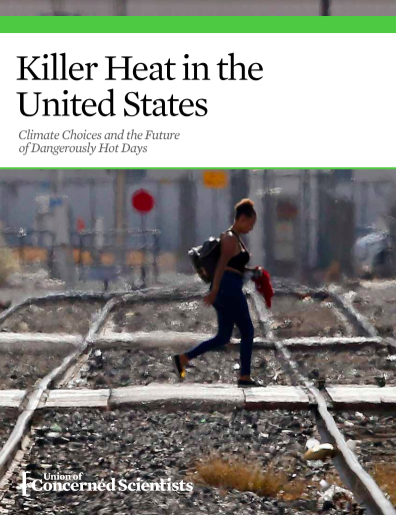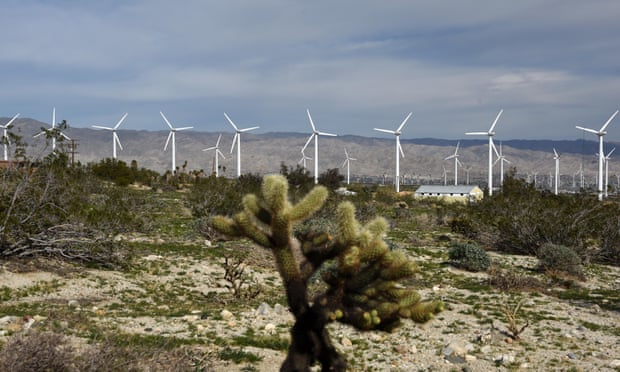You are here
Wed, 2013-02-27 18:58 — mdmcdonald
This working group focuses on the impact that climate change has on South Florida as well as factors that influence climate change.
To identify and manage factors that impact climate change as well as identifying and managing the impact that climate change is having on South Florida.
Add Content to this group
Members
| admin | Albert Gomez | ibague | Kathy Gilbeaux | mdmcdonald | MDMcDonald_me_com |
| Miles Marcotte | Shari Holbert |
Email address for group
climate-change-sfl@m.resiliencesystem.org








 cnn.com - by Ira Helfand - July 6, 2019
cnn.com - by Ira Helfand - July 6, 2019

Recent Comments